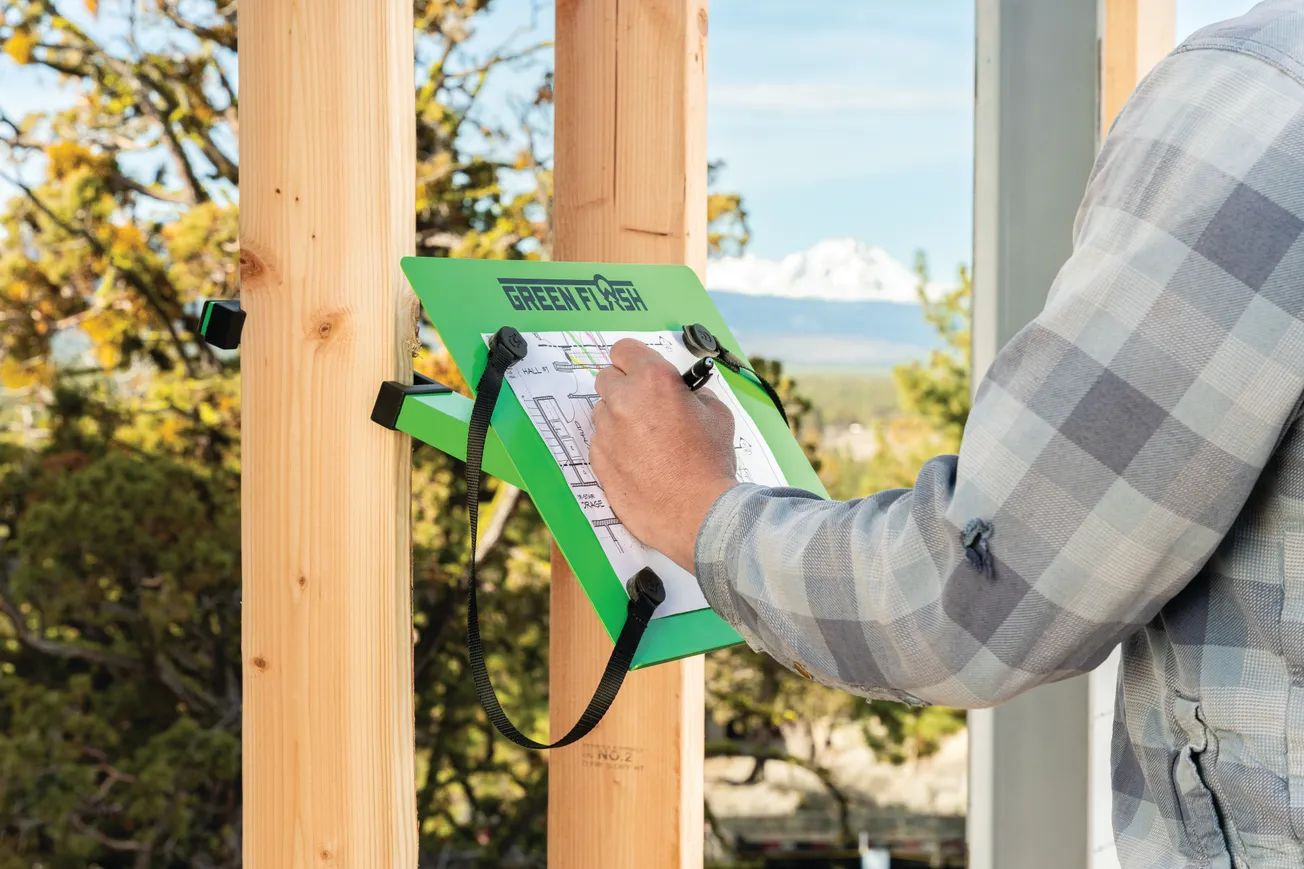Table of Contents
When people look at a deck, what is the first thing they see? It’s certainly not the footings, or even the deck boards for that matter. Odds are it’s the railing that catches their eye before anything else. So, why is it that railings are so often an afterthought?
Last year, Trex hosted a series of focus groups that confirmed most homeowners don’t think about railing selection until very late in the deck building process. By this point, clients are likely to be mentally spent from decision making, and their budgets similarly depleted, leaving little energy or financial resources to put toward this critically important and highly visual aspect of their outdoor living space.
As contractors, we are partially to blame for this oversight and at risk of losing out on a viable—and valuable—selling opportunity. Railings provide the decorative frame to a client’s backyard masterpiece, making them an aspect where clients may be more likely to splurge—but only if selections are made before they’ve allocated their budget elsewhere. Additionally, as the first thing neighbors and visitors are likely to notice about an outdoor space, railings have the power to translate into lucrative referrals.
For the best overall results—both for your clients and your business—railing selections should be addressed early in the design process. Ideally, decking and railing decisions should be made simultaneously, as a purposeful pairing.
Research has shown that when homeowners see railings next to deck boards, it opens their eyes to combinations they may not have otherwise considered. This can, of course, be complicated considering the number of railing options available to today’s homeowners. Between aluminum, cable, glass, wrought iron, composite and wood, the offerings are vast and, quite honestly, overwhelming. As a TrexPro, my clients have access to more than 1,200 different decking and railing pairings. While it’s great to be able to offer choices, that’s simply too many for most homeowners to consider, or even to comprehend.
As contractors, it’s our job to streamline the decision-making process for our clients. The design team at Trex recently shared with us a helpful formula for simplifying the railing selection process based on three strategic approaches. Coined the “three C’s,” these pairing techniques focus on coordinating, contrasting or customizing railing selections according to a client’s preferences, level of design confidence and the setting of their outdoor space.
Coordinate
You can never go wrong by selecting railing in the same shade as your decking (e.g., dark brown railing for a dark brown deck, or light gray railing to complement light gray boards, etc.). This creates a cozy, well-coordinated look and is a great approach for risk-averse homeowners.
Contrast
If you have trouble finding a perfect match for the decking—or if you’re working with a homeowner that is open to trying something different—consider proposing a contrasting railing color, such as black or white. Both are classic options that complement virtually any outdoor setting.
Classic white looks crisp against deep brown deck boards and is ideal for highlighting a deck’s design and features. Alternately, if you are working with lighter colored decking, you can achieve a contrasted look with darker railing. Dark colors give a deck a modern look and feel. They’re also a good choice for clients looking to showcase their home’s natural surroundings, since dark railings tend to visually blend into the background.
Customize (Change It Up)
For design-savvy homeowners looking for something distinctive, let the creative juices flow and go for a completely customized look that reflects their personal tastes. Don’t be afraid to mix colors and materials. For example, suggest combining dark aluminum railing and balusters with white composite posts to create a dramatic look that delivers a sophisticated mixture of texture and color.
As professional deck builders, it’s impossible to educate our clients about every single railing option available to them—but we can make the selection process easier by giving our clients some direction and parameters within which to work. Start with your local dealer and ask what color combinations they have in stock, then offer those pre-coordinated looks to your clients. A little guidance can go a long way and pay off not only in greater client satisfaction but in higher-margin projects. I’d call that a perfect pairing.










